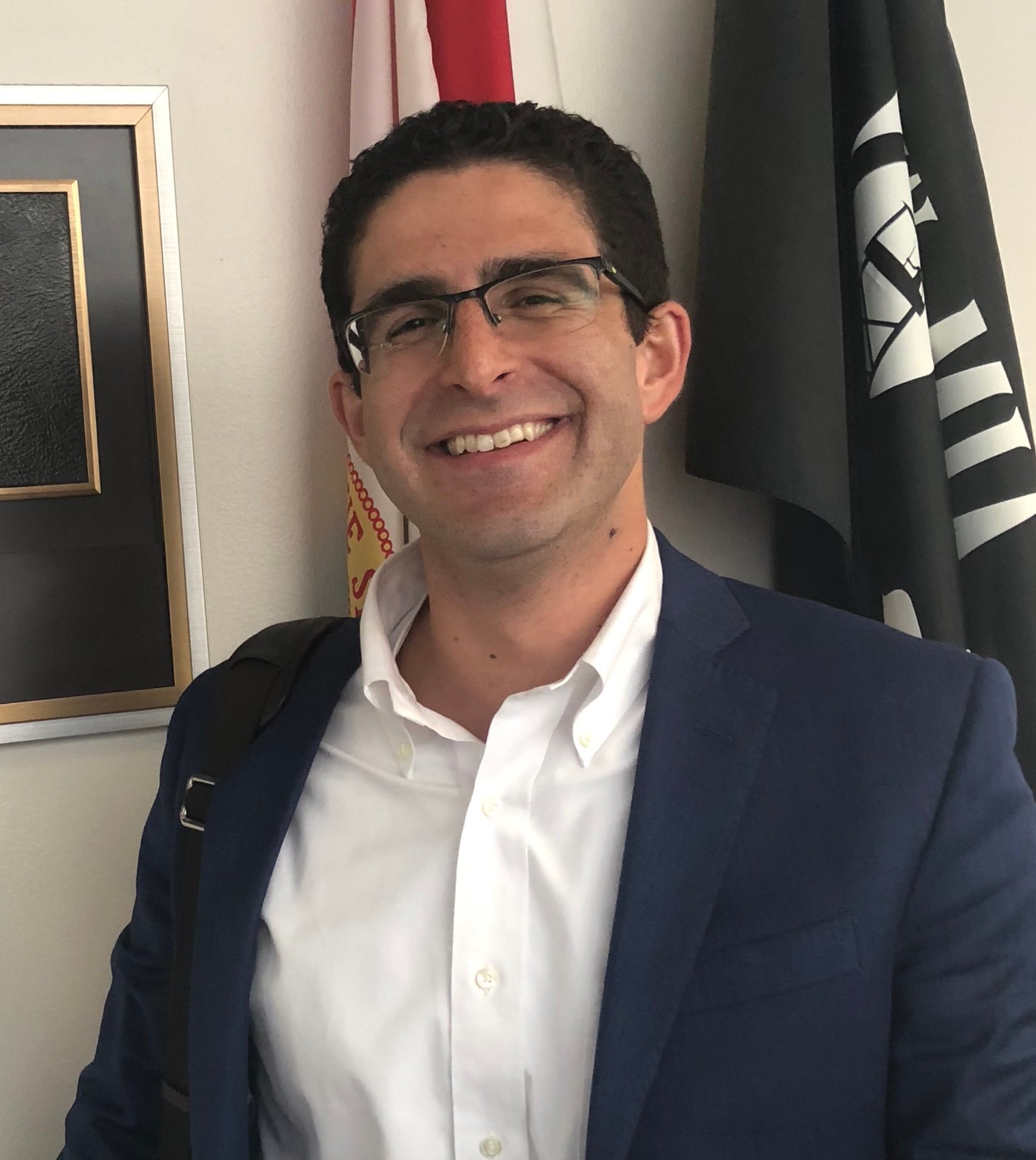
The neurology clerkship program is currently managed by Wissam Deeb, MD, assistant professor of neurology, who joined the leadership team as the director in 2022.
Dr. Deeb shares, "Currently, 185 students rotate through the neurology clerkship and beginning in 2025 the student participation will increase to 225 per year. The success of our program rests in the exceptional leadership of Dr. Lalla, and Lois Holmes, as well as the education faculty who support our students."
Neurology Clerkship Leadership and Education Team
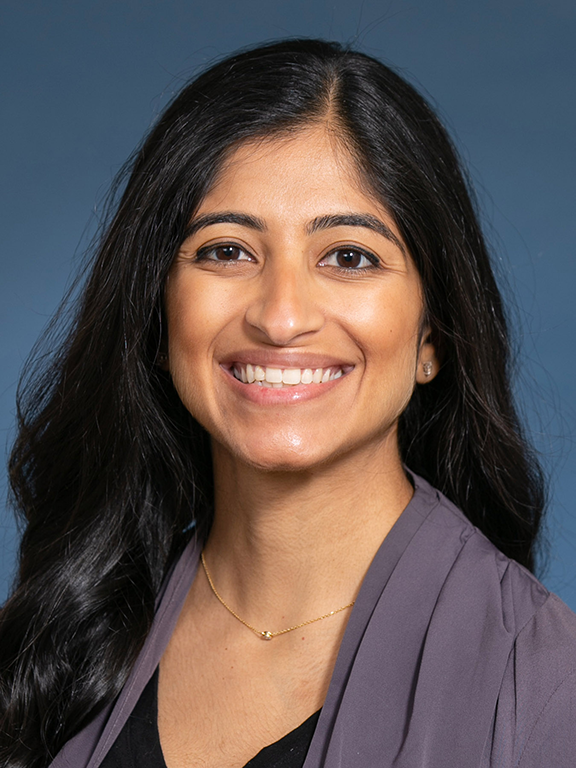
Rakhee Lalla, DO, assistant professor of neurology, associate clerkship director
Dr. Lalla shares, "It has been a wonderful experience working with Wissam and Lois. We have made significant updates to the curriculum and continue to work on optimizing the students' experience."
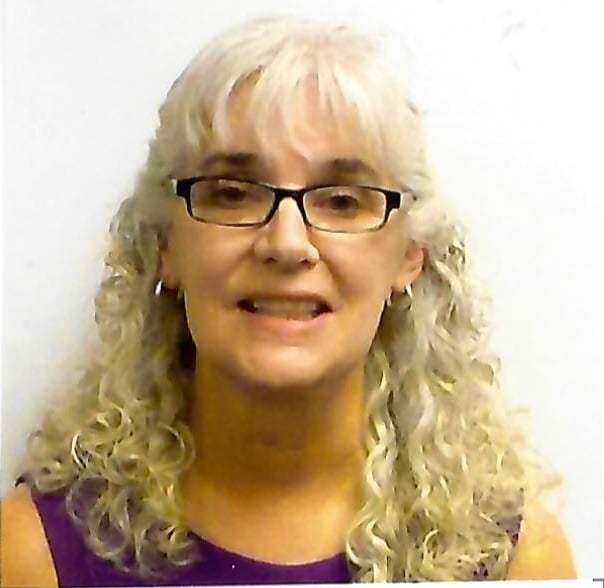
The program's administration function is managed by Lois Holmes, clerkship coordinator. Lois has enjoyed working behind the scenes supporting the various clerkship directors and the medical students for over 15 years. Lois received the first AAN Clerkship Coordinator Recognition Award in 2015, nominated by Dr. Lan Qin, the clerkship director at the time.
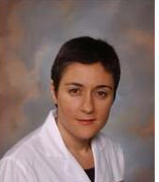
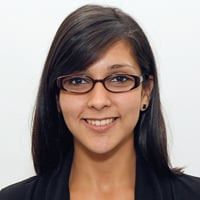
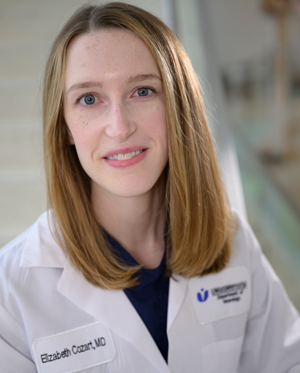
The program is successful due to the neurology faculty team, and specifically, the core education faculty, including from top left to right:
Pegah Afra, MD; Idanis Berrios-Morales, MD; Elizabeth Cozart, MD;
Danison Emmerson, MD; Tom Ford, MD; and Andrew Galica, MD.
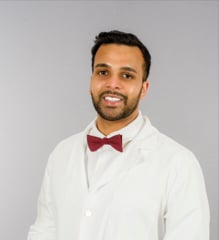
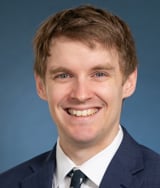
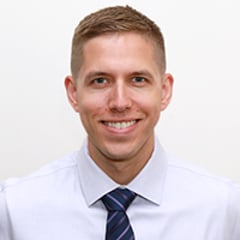
The Office of Undergraduate Medical Education department at UMass Chan, provides third-year medical students clinical experience during the 5-week program, divided as 4 weeks inpatient and 1 week outpatient. For more information, about our program review the Neuro Description.
Through early exposure our students gain awareness about potential residency tracks, and some of our faculty members share how their early exposure encouraged interest in a neurology or neuropsychiatry residency track.

Taylor Young, MD, a previous UMass Chan student completed his neurology clerkship track right before his psychiatry track, developing his interest in participating in the neuro/psych residency program at UMass under the guidance of Sheldon Benjamin, MD, Elizabeth Degrush, MD, and Kate Daniello, MD. He was fortunate to share his interests with Dr. Benjamin and join the esteemed program. He joins Dr. Degrush as graduates of the residency program track, dual certified in both neurology and psychiatry.
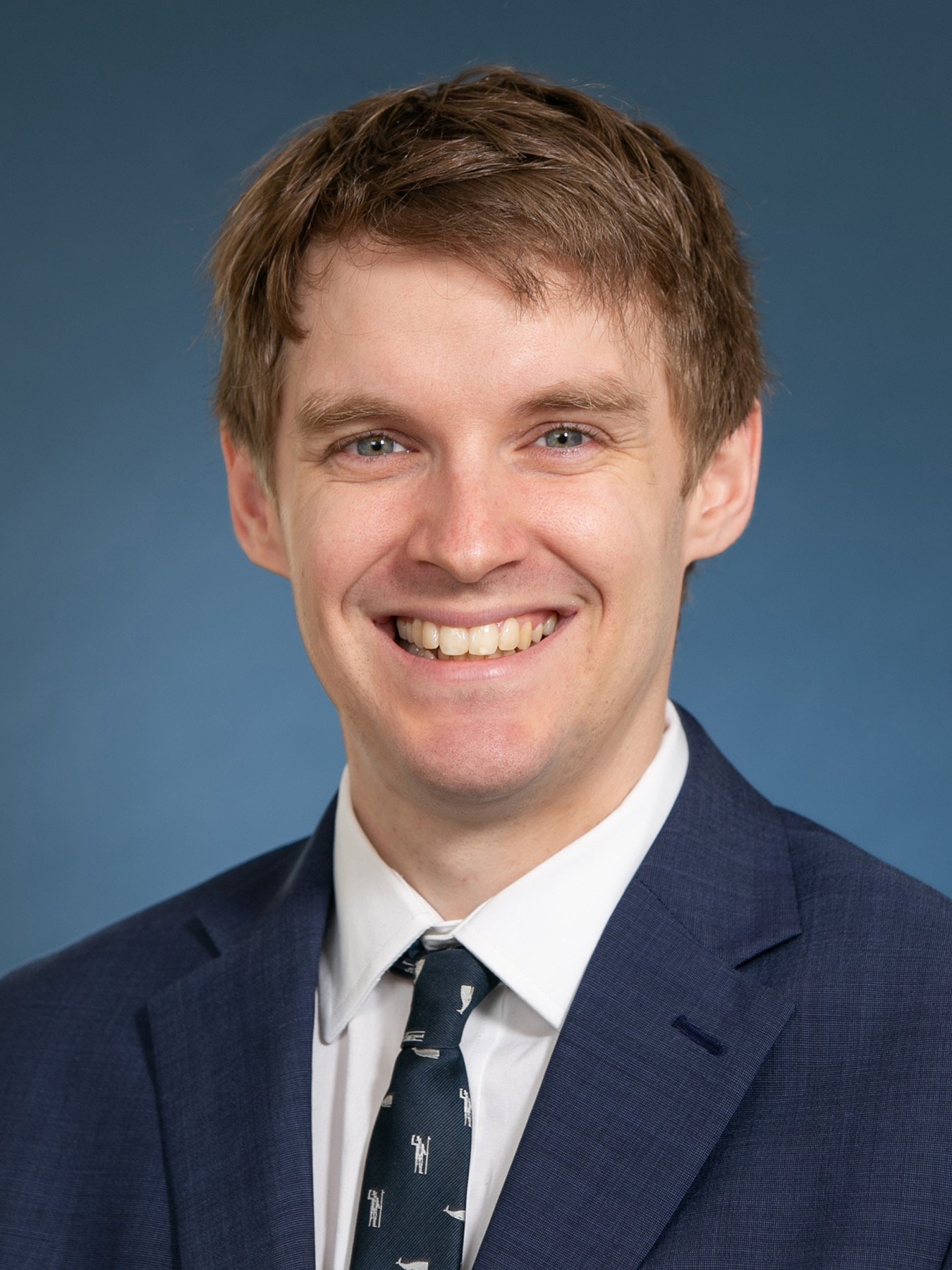
Tom Ford, MD, a previous UMass Chan Medical School student who participated in the neurology clerkship shares, “I came into my neurology clerkship here at UMass very excited about neurology, thanks to the incredible neuroanatomy course that Dr. Sue Gagliardi had put together, although I was nervous to apply these concepts in taking care of patients. I was grateful to learn that the faculty, especially Dr. Kate Daniello, and the residents with whom I worked, had a true passion for localization and neuroanatomy. The faculty worked through cases with me to connect the pieces of the neurodiagnostic puzzle in treating our patients. I came out of my clerkship with an even greater appreciation for neurology as a specialty, and the confidence I could see myself pursuing, and practicing, for what I hope amounts to a very long career.”
Dr. Ford moved onto Boston University, to complete his neurology residency program, and fellowship in vascular neurology, before returning to UMass as an assistant professor of neurology, and a clerkship mentor. He shares, “Getting the opportunity to meet with students over the course of their clerkship and act as a sort of impartial guide through the various aspects of the course has been the most exciting aspect for me. I’ve worked with multiple students to this point who are very interested in neurology, such that I am able to provide some guidance on what sort of activities beyond the clerkship would be helpful in preparing for a successful residency application, as well as answer questions about parts of neurology that aren’t so clearly highlighted during a clinical clerkship such as, work-life balance, non-clinical work in the specialty, and opportunities for growth and development.
The fact that, for the most part, we are not also working with our mentees clinically allows for a reasonably open line of communication as far as sharing questions and concerns about how things are going, which in turn helps to make things better for each sequential group of students and keep an open dialogue about how I can support my mentees. I am grateful the new curriculum has allowed for this program to exist, and I’m excited to see where it goes in the future!”
We are excited our clerkship program supports medical students and are proud to welcome many back as future faculty, ready to support the next generation of students.